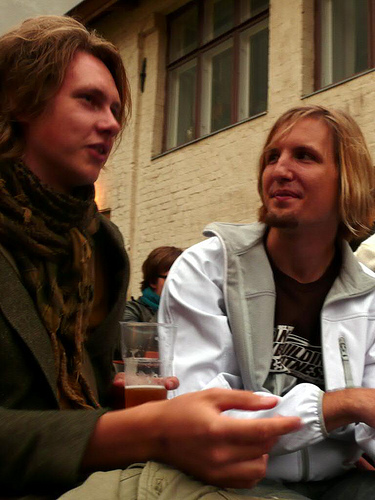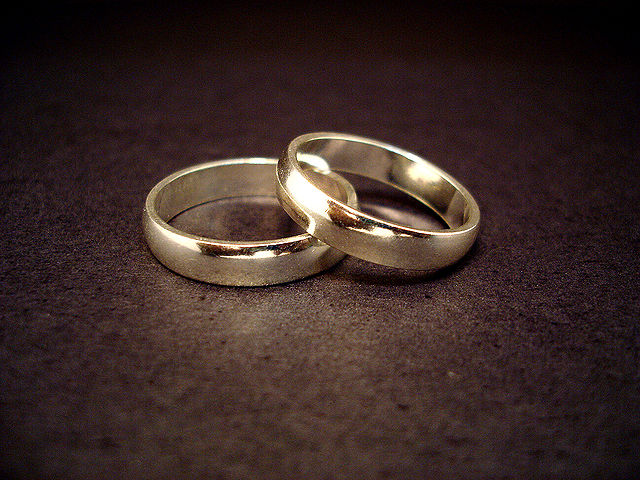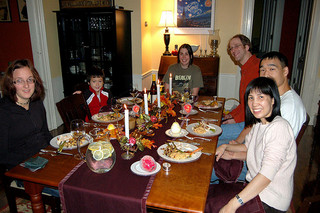In Search of Bipolar Humor
My wife had an idea today for this website, one that I’m considering. Perhaps I should add a comic strip to it, that would be about bipolar disorder and would be enjoyable at the very least to people with bipolar disorder. I couldn’t draw to save my life, but my wife can, and she used to do a comic strip during her university days that was very good. I have yet to make up my mind about this project, but I figure that writing about a question is often the best way to resolve it.
The problem is why and whether or not bipolar disorder is funny. Moreover, even if bipolar disorder is funny, there is the issue of whether or not the humor would be offensive or insulting. I suppose any determination here will rely on at least one or more false dilemmas, so I’ll start with some distinctions to see what different kinds of humor would be possible, so that I don’t answer “yes” or “no” to a question whose answer is “sometimes.”
So, let’s think of some of the reasons bipolar disorder can be funny:
Hypomanic Sense of Humor

Source: ECohen – CC BY-SA 2.0.
- My ability to make quick connections allows me to pick out quick turns of phrase, puns and observational humor.
- My lack of inhibition makes me more likely to engage in imitative humor and foolery.
- Finally, my darker hypomanic side makes me more biting, engaging in social commentary humor that pushes against the wall between what is inappropriate and what is clever (think South Park).
This isn’t simply my impression of myself. People are laughing at the right places, and even in retrospect, I was entertaining.
So, one possibility is that I could simply use my more harmless hypomanic phases to write some comedy. I know that comedy is one of the things that I’m good at when I’m hypomanic, so why not? Right now, I’ve been dedicating that energy to more academic work, but I suppose I could write the occasional bit of comedy.
The problem here is that the relevant humor doesn’t have any real bipolar content. Yes, it would be comedy by a bipolar person, but it wouldn’t be comedy about being bipolar, which would, I think, be more appropriate to this blog. If I’m going to do this, I’d rather submit my work to Cracked or some of the other comedy websites out there.

Source: Publicity Photo
Enjoying Eccentricity
The second possibility is just to have some fun with what it is like to be bipolar. After all, our symptoms are themselves, well, socially unacceptable to say the least. I’m reminded of Carrie Fisher’s description of her own bipolar disorder in Stephen Fry’s documentary, The Secret Life of the Manic Depressive, in which she’d turn to someone and say, “Hey, I’ve got this great idea. Let’s go to India!” I can’t do justice to her delivery here, but the humor was in her suddenly shifting to a suggestion to leave the country like she was suggesting a new coffee shop. It was intended to be, and was, hilarious.
The problem with this sort of humor, of course, is that it is an extremely fine line between enjoying the wackiness of being bipolar and mocking it. Even if all of my humor that has some fun with bipolar symptoms and the way that they interact in a comical way with a world that has no idea how to assimilate them is entirely innocent, someone might be hurt by it. It is especially hard in writing (even in a comic strip) to capture the tone that would allow for this distinction, and a lot of it would come across badly, even it was unintentional. Moreover, my own darker side might find its way in here and simply turn this kind of humor into mockery, so it’s dangerous in its own right.
Observational Humor
Another possibility is simply to write a kind of bipolar version of the comic strip For Better or for Worse. Bipolar lives are simply different from a lot of other lives, and writing about what life is like as someone living with bipolar disorder could be quite funny in itself. For people with bipolar disorder, it could be helpful and uplifting to encounter someone else’s life and seeing how it reflects their own. I know from my own experience that the more observational moments of The Informant! were quite amusing to me, even though I didn’t realize at first that Mark Whitacre had bipolar disorder.

Source: BIPOLAR_OFICIAL - CC BY 2.0
The other issue is that, in order to make an observational comic about living with bipolar disorder, I’d need to really focus on those places where being bipolar disorder really intersects with my life. Unfortunately, so many of those moments aren’t really very endearing. For me, they are the pathological moments that really aren’t especially entertaining. Just thinking over this past week, should I write about how I went double-speed through my first lecture and ran out of material with twenty minutes left, or about my temporary illusion that everything around me was composed of light, or about how on Friday I felt like I’d had eleven cups of coffee all day? I don’t really find these moments funny myself, so it would be hard to share in an endearing way.
I suppose I could do the reverse. I could write an observational strip about someone who just happens to have bipolar disorder, sort of how occasionally For Better or for Worse mentions that the husband is a dentist. However, I definitely wouldn’t be very good at this sort of humor. In fact, I don’t even really find it very funny, so I wouldn’t be able to recognize what I was trying to produce.
At the End of the Day
I think I’ll probably hold off for a little while on the comic. I think at the end of the day, the problem is that bipolar disorder is still very raw for me. While the last decade or so has seen a huge improvement in my overall psychological health, I’m still at the point where I’m trying to work through the suffering that comes along with the illness and the sense of loss that comes along with the disability. I’m not sure at this point of the therapeutic value of comedy for me in trying to make light of my condition, and I am almost certainly not in a position to do so for others. However, it is an idea worth coming back to and something that I’ll give some periodic reconsideration.









not long after I was diagnosed, I came across a post where a doctor said that a quick, dark sense of humor was so common among people with bipolar disorder that he used it as a diagnostic tool. It was one of the most positive things I read in those early days, and I’ve never forgotten it.
I think a sharp sense of humour is both endemic among and highly useful to anyone living with bipolar disorder. I respect your concern for how your words and images might affect others, but I would suggest that
(a) most of us have said worse hurtful things about ourselves to ourselves than anyone else ever could and
(b) bipolar disorder is a singular thing, in that no two people’s experience is the same and it can be useful and therapeutic to share as honestly as possible one’s experience.
for what it’s worth,
dugg
Hi Dugg,
Thanks for your reply. I’d never heard about a quick, dark sense of humor being a diagnostic tool for bipolar disorder, but now that you say it, it makes sense. There’s something about the quick flight of ideas along with rough moods that we do especially well ;).
Daniel, I am a HUGE believer in using humor as a way to cope with Bipolar Disorder. In my family, it’s my husband who struggles with the illness. His biting sense of humor was one of the things that made me fall in love with him and that keeps me hanging around today. We HAVE to laugh and find humor together. If we didn’t laugh, there would be way too many tears. Besides, we are both really fricking funny, so what a waste it would be NOT to make jokes.
Hi Lola,
I understand people handle bipolar disorder differently, and I wasn’t really intending this article to apply to everyone, just my own experience and how I would choose to express it online. I know that, for me, humor tends to bring out a side of my personality that I don’t like, which was the point of my post. I know other people have had far more positive experiences with humor, and I’m not trying to criticize that.
Hi Daniel,
My doctor and my wife think I should do stand up comedy as only a peson living with the disorder can fully appreciate it. I too have notice a biting edge of darkness to my comedy, but also a whimsical edge too. Good luck I look forward to seeing more of you blogs and what you decide to do.
Peace
Brad